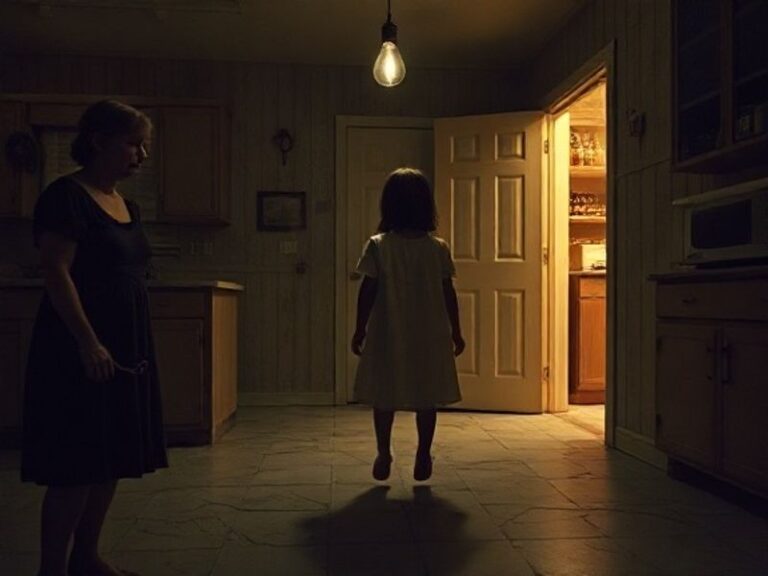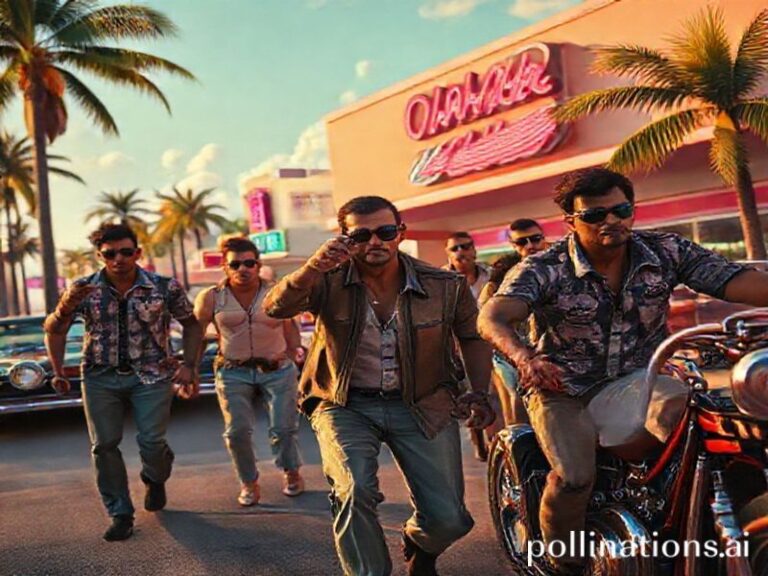Susan Monarez: The Woman Tasked with Convincing the World America Won’t Hoard the Next Pandemic
Susan Monarez, the newly confirmed Deputy Director of the U.S. Centers for Disease Control and Prevention, has been hailed in Washington as a “steady technocrat” and “quietly effective leader.” Translation for the rest of the planet: she’s the person who will decide whether your country receives surplus American vaccines before they expire in a Nebraska warehouse— or gets a politely worded PDF explaining why not.
To be fair, Monarez arrives at the CDC with impeccable credentials: a Ph.D. in microbiology, stints at the FDA and USAID, and the kind of résumé that makes global health bureaucrats purr like cats near a saucer of cream. Yet credentials are merely the diplomatic passport; the real stamp in her booklet reads “political baggage handler.” The Biden administration, having discovered that pandemics are bad for mid-term polling, has essentially tasked Monarez with convincing 195 other nations that the United States is finally serious about not hoarding medical supplies every time a bat sneezes.
Across the Atlantic, the Europeans—who spent much of 2020 watching America bid against itself for masks on the tarmac—greet the appointment with the weary amusement of a maître d’ watching the same rowdy customer return, promising this time to use the salad fork correctly. Brussels has already dispatched a “non-paper” (Euro-speak for a memo that is totally official but can be disavowed at brunch) reminding Monarez that any future American generosity must come without the usual footnotes about intellectual-property exemptions that expire faster than a TikTok trend.
Meanwhile, in the Global South, health ministers have perfected the diplomatic art of the hopeful shrug. Kenya’s cabinet secretary for health told reporters that Kenya “looks forward to meaningful technology transfer,” which, loosely translated, means “we’ll believe it when the patent lawyers stop circling like vultures over roadkill.” South Africa’s delegation was slightly more direct, noting that Monarez’s first overseas trip “should be to a port, not a podium.” Ouch.
Of course, Monarez’s influence isn’t limited to vaccines. She inherits a portfolio that includes antimicrobial resistance—basically humanity’s attempt to see whether bacteria can evolve faster than pharmaceutical executives can buy beach houses. The last time the CDC rang the alarm on drug-resistant infections, Congress responded with the urgency of a sloth on Ambien. This time, Monarez is expected to coax lawmakers with the gentle reminder that if nothing is done, American hospitals may soon resemble Victorian wards, minus the charming period costumes.
China, never one to miss a soft-power opening, has already floated the idea of co-hosting a “Global Pathogen Surveillance Gala” in Wuhan, complete with commemorative bat-shaped ice sculptures. Monarez’s RSVP status is officially “under review,” which in Foggy Bottom means panic-googling Mandarin phrases for “no comment.”
And then there’s the matter of climate-driven disease migration. As the planet warms, mosquitoes are jet-setting northward like retirees chasing early-bird specials. Monarez must now persuade a Congress that still contains elected officials who believe snowballs disprove thermodynamics that malaria in Michigan is not a hoax. Good luck finding that on a campaign bumper sticker.
In the end, Susan Monarez’s significance lies less in her scientific acumen—though that’s considerable—and more in her role as translator between two implacable forces: microscopic pathogens that refuse to negotiate, and macroscopic politics that can’t even agree on a lunch order. The rest of us, meanwhile, continue to stockpile masks next to the canned beans, practicing our own form of grim optimism: hoping we won’t need them, quietly certain we will. If Monarez succeeds, future historians may record her tenure as the moment the world stepped back from the epidemiological abyss. If she fails, at least we’ll have plenty of expired vaccines to use as paperweights while the next plague sorts out our travel plans.







